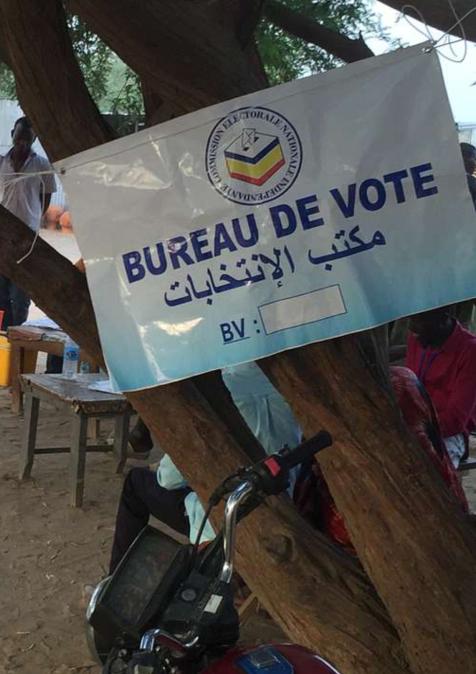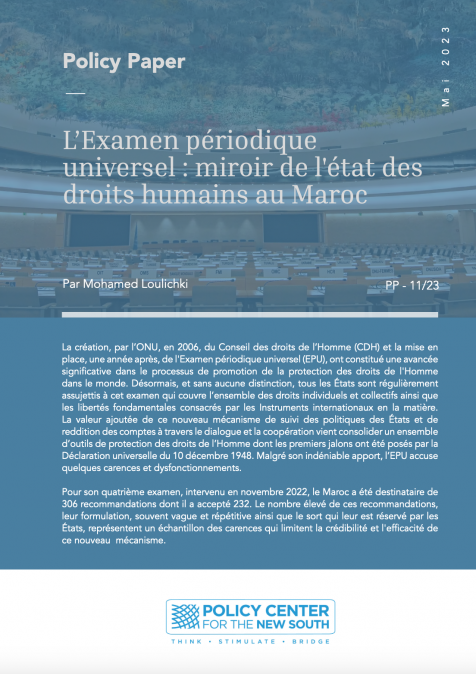Publications /
Policy Brief
In October 2014, Burkina Faso entered a new era when a social uprising resulted in the overthrow after 27 years of President Blaise Compaoré. The uprising was triggered by Compaoré’s attempt to amend the constitution so he could run for another term. In late 2015, Roch Marc Christian Kaboré was elected and sworn as a new president with high hopes for a new Burkina Faso. Corruption, democratic reforms, poverty, and economic development dominated President Kaboré’s inauguration speech. However, priorities changed quickly because of the deteriorating security situation and gradual spread of violence. Consequently, and at an unprecedented pace, Burkina Faso became mired in the worst humanitarian crisis in West Africa and maybe in the world.
The humanitarian and security situation in Burkina Faso became catastrophic in 2019. Worse, 2020 is on track to surpass 2019 according to available data for the first nine months of the year1 . Furthermore, the months leading up to elections in November 2020 also saw increasing human rights violations2 . While violent extremist organizations (VEOs) are seen as the main perpetrators, state security forces and affiliated self-defense groups have also contributed to growing civilian casualties. Subsequently, relationships between communities reached all time lows, and state legitimacy in conflict zones has declined, even becoming non-existent in certain areas.
This policy paper analyses the violence during the first nine months of 2020 and provides an overview in advance of the November 22 elections. In addition, the paper unpacks concerns raised about the role of state affiliated self-defense groups during the elections, based on interviews with members of the Koglweogo and volontaire pour la défense de la patrie (VDP).










